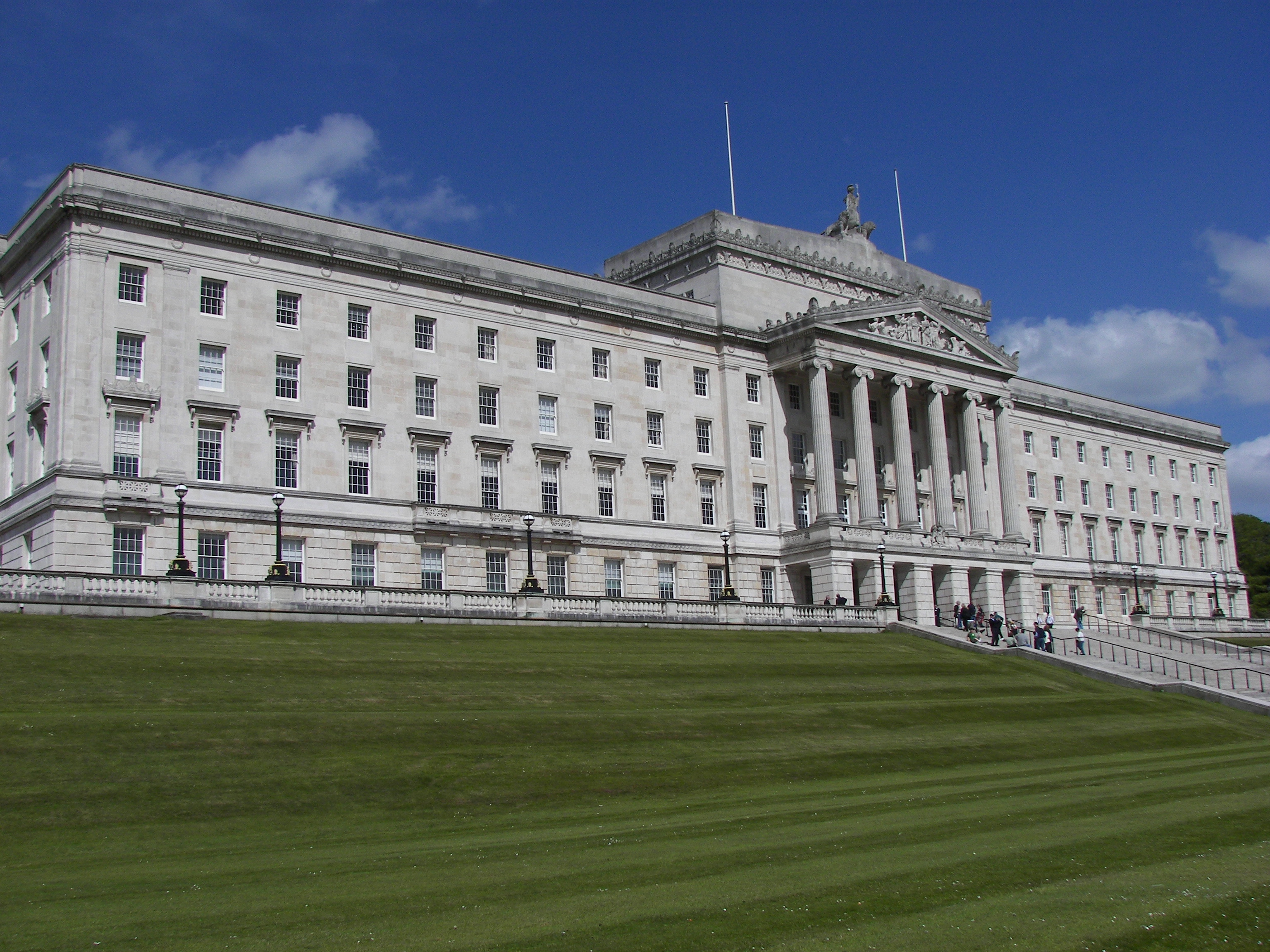Northern Ireland's past is republicans' new battleground
The story of Northern Ireland’s violent past continues to be
redrawn, as the republican movement seeks to cast the British state as an
aggressor and campaigns to incriminate soldiers and policemen, while obscuring
the deadly role played by the IRA and other terrorists. It’s a process achieved by describing
counter-terrorism and intelligence operations as ‘collusion’ and focussing on
the proportionally small number of incidents during the Troubles perpetrated,
or allegedly perpetrated, by members of the security forces.
In November, the DUP and Sinn Fein agreed the Fresh Start document at Stormont,
following ten weeks of negotiations. It
became easy to forget, after all the ensuing self-congratulations, that the
crisis which prompted those talks was created by the IRA’s suspected
involvement in a murder and Sinn Fein’s links to its Army Council.
Some passages of the Fresh Start agreement addressed paramilitarism in Northern Ireland, committing
resources to fight cross border crime and requiring MLAs to make a hazy promise
to ‘rid society of all forms of paramilitary groups’. However, Sinn Fein pulled off something of a
conjuring trick, by switching the focus of negotiations quickly to welfare
reform and financial assistance from Westminster.
Progress on 'dealing with the past', which the Stormont House Agreement had made a year
previously, was reversed and the new Historical
Inquiries Unit (HIU) and Oral History Archive were put on hold
indefinitely. True to form, Sinn Fein
blamed the Conservative government, citing its reluctance to reveal details which
might compromise national security.
The party continues to portray the state’s reluctance to grant
unqualified access to its records as the main obstacle to dealing with the
legacy of the Troubles. Sinn Fein is
able to bolster its case using the sentiments of victims’ groups whose focus
is, understandably, on the misdeeds of some members of the security
forces.
This emphasis suits perfectly republicans’ narrative. A democratic government, its soldiers,
intelligence officers and policemen can be held to account in a way that
shadowy paramilitary organisations cannot.
Sinn Fein can demand full disclosure from the state, secure in the
assumption that the IRA will never be required to show similar openness.
However, it would be wrong to forget that, irrespective of occasional
mistakes, misjudgements and misdemeanours, the security forces were motivated,
overwhelmingly, by a desire to keep people safe. The same claim could never be advanced for
terrorists.
Ultimately, the army and police were successful too. By the latter years of the Troubles, the
majority of attempted attacks were being foiled. Frustrated in their attempts to cause mayhem
and riddled with informers, the IRA and other paramilitaries were shepherded
down a political path.
Counter-terrorism involved difficult, murky moral choices,
and its practitioners sometimes crossed the line into illegality or downright
murder, but its overarching aim was to protect life and property.
It’s easier to quantify how many lives running an agent like
Stakeknife may have cost, rather than how many it saved. That’s not to say that his activities, and
the activities of others like him, didn’t eventually force the single most
destructive organisation involved in the Troubles to stop killing and maiming.
The state has a responsibility for its actions and victims
have a right to demand the truth about what happened to their loved ones, when
state actors are suspected of a role in their deaths. Someone who has been bereaved because of the
actions or omissions of an agent is unlikely to comforted by arguments around
the moral compromises of counter-terrorism. The government, though, has a duty
not to allow a process aimed at dealing with the legacy of the Troubles to
become a means of simplifying and distorting history.
Rewriting the story of the Troubles has become a long-term
project for republicans. It is their
contemporary means of pursuing the so-called ‘struggle’ and they’ve had some
relative successes.
The notion that the IRA fought to protect Catholic areas or
to deliver human rights, for instance, has gained fairly broad acceptance - outside
Northern Ireland at least - though thorough historians of the Provisional
movement point out that this narrative whitewashes a campaign of violence which
was aimed squarely at driving ‘the Brits’ out of Ireland.
The movement continues its project through focussing on
selective elements of the past and pursuing civil actions in court. Recently eight people who were members of an
IRA gang, including the prominent Sinn Fein member, Danny Morrison, received six figure compensation pay-outs, after their convictions for kidnapping an
alleged informer were quashed, because the role of the agent Stakeknife in
building the prosecution case had not been revealed.
As the government and the political parties in Northern
Ireland struggle to agree ways of tackling the legacy of the Troubles, they bear
a responsibility to make sure that the process does not become even more
unbalanced. ‘Dealing with the past’ has
to contribute something toward building a positive future. It cannot be allowed to become permanently a new
battleground, through which age-old conflicts are fought.

Comments